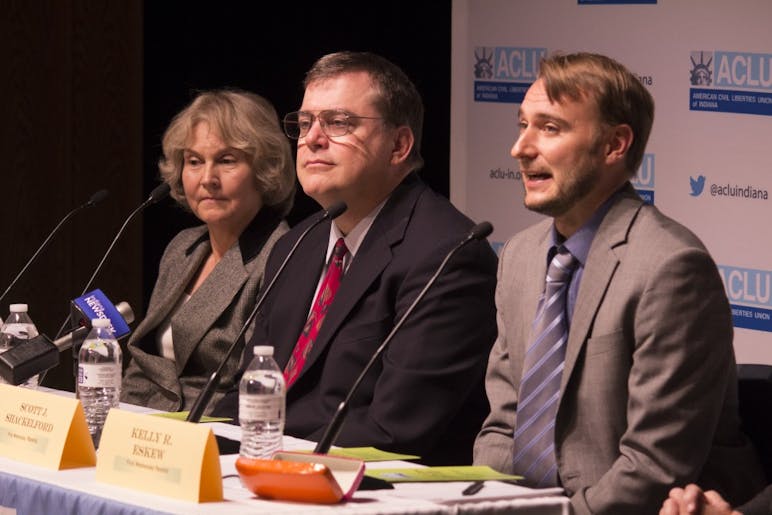With concerns about Russian interference in the 2016 elections still swirling, IU researchers are advocating for a cybersecurity agency similar to the National Transportation Safety Board as a way to prevent future attacks, according to an IU press release.
A research paper, which appears in the Albany Law Journal of Science and Technology, was created by Austin Brady, a degree candidate at IU Maurer School of Law, and Scott Shackelford, the director of the Ostrom Workshop Program on Cybersecurity and Internet Governance at IU.
"In the wake of a series of destabilizing and damaging cyberattacks ranging from Equifax to Yahoo, there has been a growing call for the U.S. government to establish an analogue of the National Transportation Safety Board to investigate cyberattacks," the authors wrote according to the research paper's abstract.
Shackelford and Brady, in their research, look at solutions ranging from public-private partnerships to cybersecurity insurance programs to help lessen the risk of cyberattacks and hacking to individuals and corporations.

The cybersecurity board, and any research coming out of that board, could be funded by various groups or organizations and help provide additional transparency for web-based attacks and hacking attempts.
"Funding could come from interested stakeholders, such as insurance companies," according to their research, "because such secondary markets would benefit from greater clarity surrounding the attribution of claims, as well as more information about the utility of various cybersecurity best practices."
There are limitations to such an idea, as Brady and Shackelford both mention, and according to the release, a large concern is whether such an advisory board on cybersecurity could respond in a timely manner to cybersecurity threats. However, such a board would be able to function, at the very least, as a tool for more knowledgeable and effective policy, according to the release.
Dominick Jean




